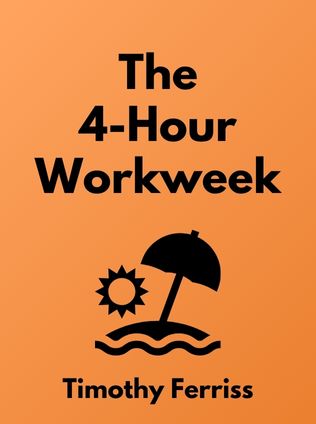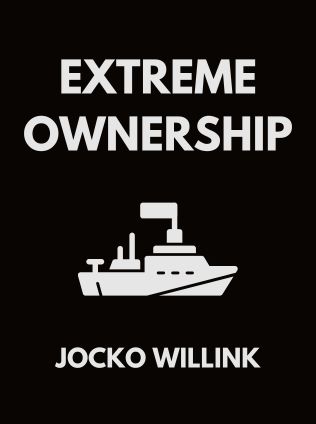
The Starfish and the Spider
The Unstoppable Power of Leaderless Organizations
By Ori Brafman,
Published 07/2008
About the Author
Ori Brafman and Rod A. Beckstrom, both Stanford MBAs and start-up veterans, are the co-founders of Global Peace Networks, a decentralized network of business groups that promote peace and economic development projects. They both reside in the San Francisco Bay Area. Their unique experiences and insights into the workings of decentralized organizations have culminated in their collaborative work, "The Starfish and the Spider," which delves into the power and resilience of leaderless organizations.
Main Idea
"The Starfish and the Spider" explores the fundamental differences between centralized and decentralized organizations. Using the metaphor of a spider (centralized) and a starfish (decentralized), the authors demonstrate how decentralization can lead to resilience and strength. They argue that in a rapidly changing world, organizations that embrace decentralization can often outperform traditional hierarchical structures. The book emphasizes the importance of flexibility, innovation, and the power of networks in building robust, adaptive systems.
Table of Contents
- When There's No One in Charge
- MGM's Mistake and the Apache Mystery
- The Spider, the Starfish, and the President of the Internet
- A Sea of Starfish
- Standing on Five Legs
- The Hidden Powers of the Catalyst
- Taking on Decentralization
- The Combo Special: The Hybrid Organization
- In Search of the Sweet Spot
- The New World
When There's No One in Charge
The opening chapter sets the stage by discussing the surprising strength of leaderless groups. Decentralization, once viewed as chaotic and disorganized, has emerged as a powerful force, especially with the rise of the Internet. This phenomenon has disrupted traditional industries and changed societal structures. The authors emphasize that the absence of traditional leadership can lead to innovation and resilience. Brafman and Beckstrom state,
"The rules of the game have changed. The absence of structure, leadership, and formal organization, once considered a weakness, has become a major asset." – Ori Brafman and Rod A. Beckstrom
- Wikipedia: A decentralized encyclopedia where anyone can contribute, resulting in a vast and constantly updated repository of knowledge.
- Napster: A pioneer in peer-to-peer file sharing that operated without a central authority, leading to a revolution in the music industry.
MGM's Mistake and the Apache Mystery
This chapter draws a parallel between the centralized Spanish Empire's encounters with the decentralized Apaches and the modern music industry's struggle against file-sharing platforms. The authors argue that centralized systems are vulnerable to attacks on their leadership, while decentralized systems are more resilient.
Sign up for FREE and get access to 1,400+ books summaries.
You May Also Like
The Lean Startup
How Today's Entrepreneurs Use Continuous Innovation to Create Radically Successful Businesses
By Eric RiesWho Moved My Cheese?
An Amazing Way to Deal with Change in Your Work and in Your Life
By Spencer Johnson, M.D.Make Your Bed
Little Things That Can Change Your Life...And Maybe the World
By William H. McRavenThe Ride of a Lifetime
Lessons Learned from 15 Years as CEO of the Walt Disney Company
By Robert IgerThe Hard Thing About Hard Things
Building a Business When There Are No Easy Answers
By Ben Horowitz



















